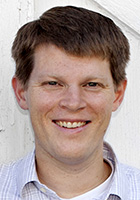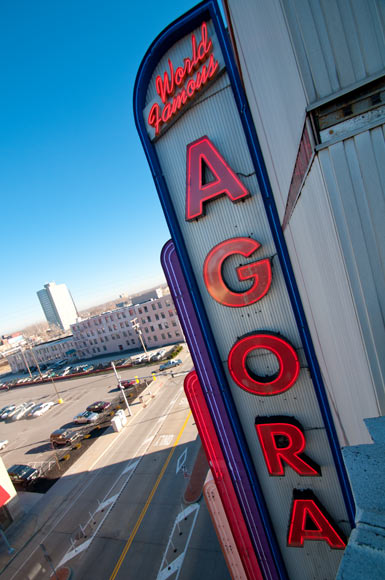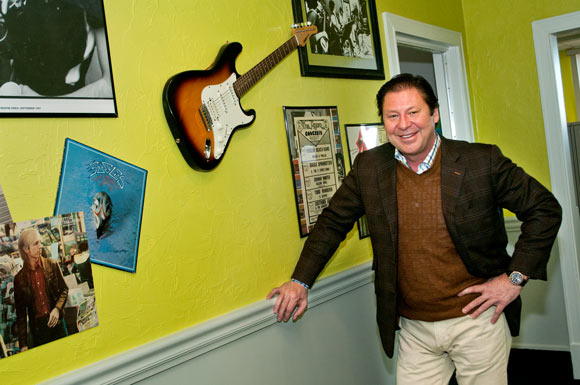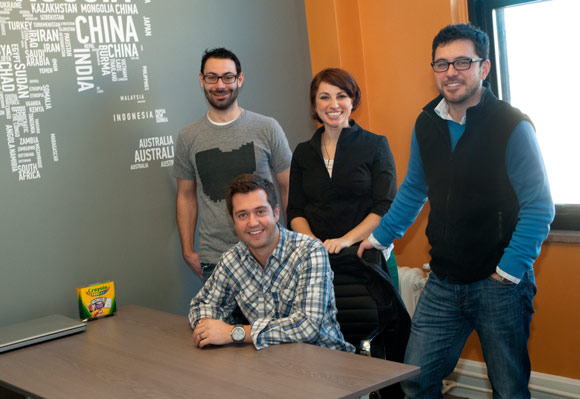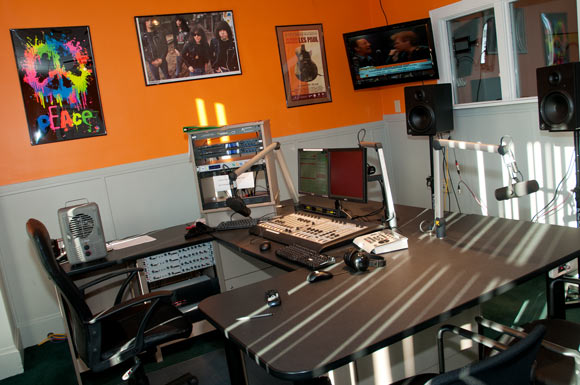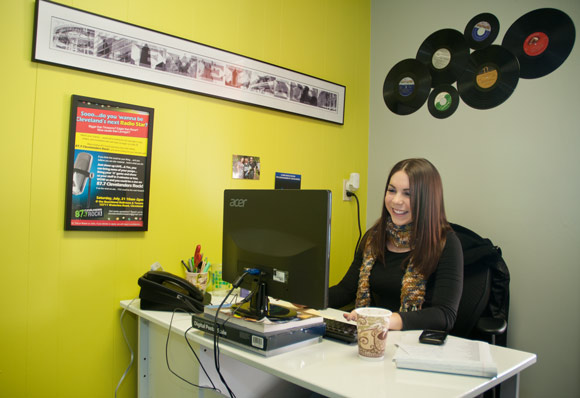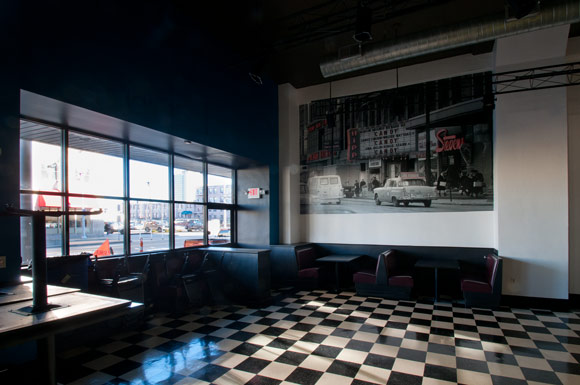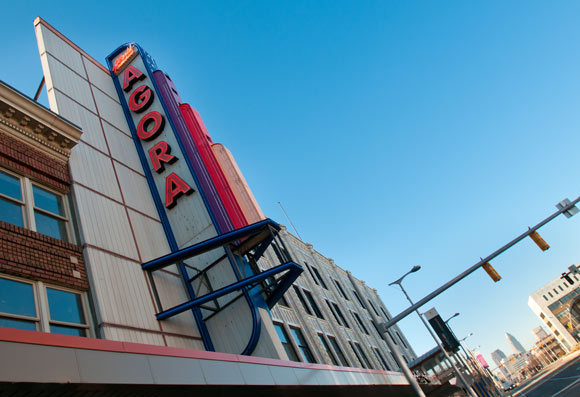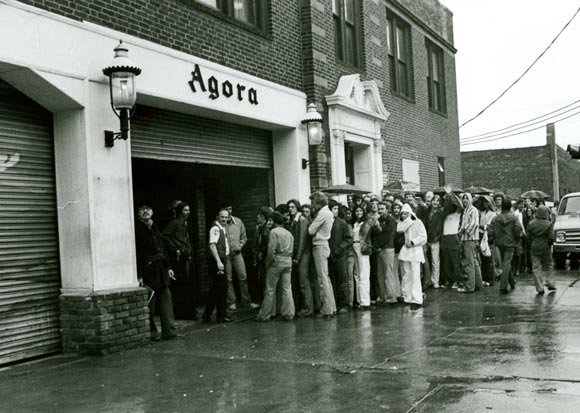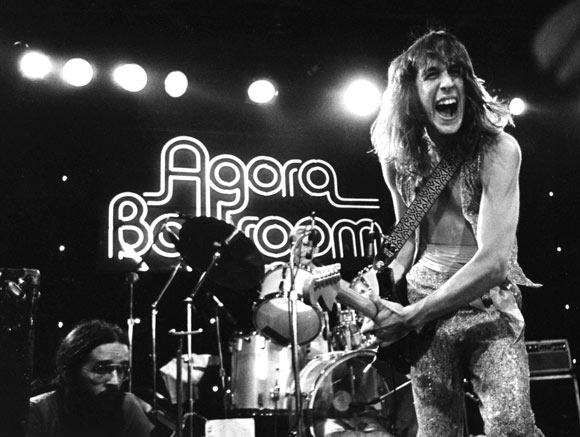century-old agora complex enjoying encore as startup-friendly office space
Throughout its colorful 99-year history, the Agora complex in MidTown has been home to a live theatre, vaudeville and burlesque house featuring “hoofers, comics and strippers,” and one of the premiere concert venues in the country. In its heyday, the Agora propelled the careers of acts like ZZ Top and The Raspberries.
Today, the famed complex, which includes two theaters, a restaurant, four floors of office space and large, adjacent garage, is being redeveloped bit by bit into a hub for fast-growing tech companies gaining a foothold in the new economy. How it got here is one of the most interesting chapters in the buildings’ storied legacy.
Over the past decade, the Agora had fallen on hard times. Faced with the headwinds of stiff competition, owner Hank LoConti, who opened the Agora in 1966 and moved it to its current location in 1985, struggled to attract the big shows he needed to bolster revenue. The dated offices sat largely empty, and LoConti was unable to land new investment.
Meanwhile, the landscape outside the theater was evolving. The City of Cleveland, the nonprofit organization MidTown Cleveland and private developers were investing millions of dollars in the burgeoning HealthTech Corridor, which is becoming a node for biomedical and technology companies.
Surrounded by redevelopment activity, the Agora was ripe for a makeover. That’s what lured the Geis Companies, a 50-year-old suburban office developer that in recent years has done an about-face and invested heavily in tech-ready office space in Cleveland, to take on the project. When the LoConti family agreed to donate the building to MidTown Cleveland, while continuing to host live shows, they struck a deal.
Fred Geis, owner of the Geis Companies and a principal with Hemingway Development, the entity developing the project, says that he saw an opportunity to create affordable, startup-friendly office space while preserving a gem of a building in historic MidTown.
“This is a job of passion, and the right thing to do at the right time,” says Geis, who has been working on the development project since January of this year. “It allows younger companies to come into the MidTown area and find office space here. We were also able to work with the LoContis to resurrect a building near and dear to our hearts.”
The Agora project offers something for everyone. Hank LoConti and his family are able to accept a tax write-off equivalent to the value of the building; MidTown Cleveland Inc. will gain a new headquarters and business welcome center on the first floor; and Hemingway Development can earn revenue from leasing office space.
Hemingway is in the throes of investing $3 million in revamping the office space to meets the needs of the young, growing tech companies it’s seeking to attract. That means tearing out unsightly false ceilings, replacing old mechanical systems, updating wiring, adding fiber connections, painting the walls bright colors, and adding an appealing exterior courtyard. With 53,000 square feet of space on four floors, it’s no small task.
The building, which has been renamed Agora5000, is geared towards startups that need flexible, ready-to-grow office space in a hip, entrepreneurial environment. Geis is renting space at rates well below those for similar space downtown. Other benefits include micro-suites as small as a few hundred square feet and short-term leases that allow startups to go month-to-month.
“As startup companies come out of business incubators like Bizdom and Jumpstart, we give them an opportunity to rent space and take their business to the next level,” says Geis. “A growing number of people in Cleveland see opportunities like this for young people. But we’re the only developer of our size to do a project like this in the area.”
When asked about the viability of his revenue model, Geis simply laughs. The project is his gift to the City of Cleveland, he insists -- it only cash-flows because of the donation, and even so, Hemingway Development likely won’t make any money for quite a while. Yet he believes in what he’s doing and wants to help young companies to get started.
Christopher Celeste, a serial entrepreneur who is leasing space at Agora5000 to grow his eight-person online content creation company Tackk, says developers like Geis are very rare in Cleveland. That’s unfortunate because it limits startup creation activity.
“I don’t think there’s a single place entrepreneurs can sit down and get to work without making a three-year commitment,” Celeste says. “That’s ridiculous. These spaces exist in Boston and New York. Here in Cleveland, startups end up in coffee shops or people’s homes. Where do you go? Most entrepreneurs just lie and sign two-year leases.”
To accommodate its growth, Tackk recently leased additional space at Agora5000. The building’s layout, in which light-filled suites are situated off a central hallway and have adjoining doors, makes expansion about as easy as twisting a doorknob. It lends itself to startups that need to gobble up space quickly to accommodate growth.
“We needed flexibility and speed, and the building gave us that,” says Robert Hatta of Tackk, a veteran of the startup world who joined the team after working at Jumpstart.
The building, which has music piped throughout the hallways courtesy of 87.7 Cleveland’s Sound, another Agora tenant, has a convivial, dorm-like atmosphere. Tenants have been drawn to the building by its collaborative environment, Geis says. Other tenants include Renter’s Boom, Lava Room Recording, and Insivia.
Not that it’s always been easy. The complex lost its restaurant tenant, The Hipp, a few months after it opened. Now Geis has an empty restaurant that he's looking to lease. He plans to be more selective in picking tenants now.
“The good news is there are really cool startups; the bad news is there are really cool startups,” he quips. Last week, Hemingway hosted a pitch-a-thon event in the former Hipp space as a means of helping startups and generating buzz about the building.
Despite minor setbacks, Geis believes he’ll be successful because young entrepreneurs want to work in cool, urban environments, not vanilla office parks in the suburbs (even ones that his company helped to build). “I see a growing trend towards re-urbanization,” he says. “We’re doing this in part because Northeast Ohio has to reinvent itself -- we want to be on the forefront of that reinvention. And so far, it seems to be working."
Photos Bob Perkoski
Archive Agora Photos Janet Macoska
